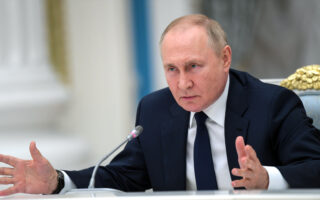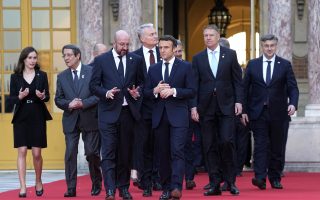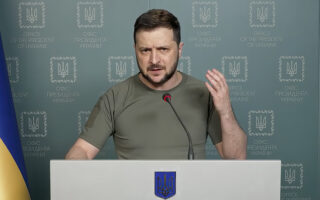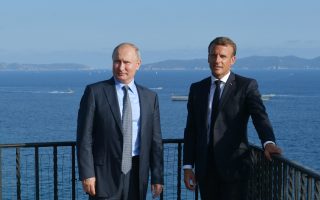Europe: satellite or power?
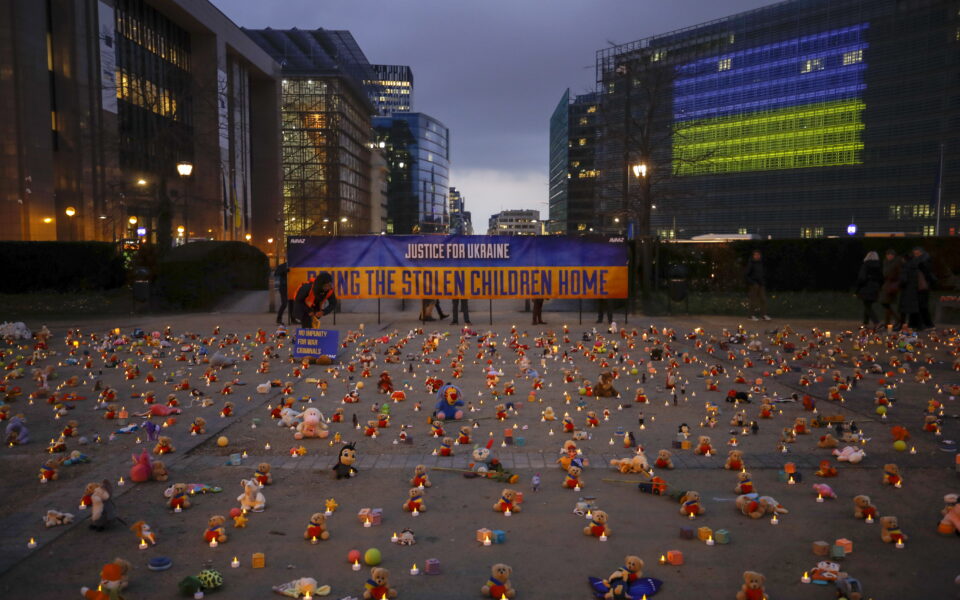
Friday’s anniversary of Russia’s invasion of Ukraine finds a world very different from what anyone would have predicted a year ago. Ukraine is resisting and fighting back, as Vladimir Putin confronts a West that was united and determined to block his expansionism. But the past year also showed that, even before the war, the world was being shaken by a redistribution of power and influence. Ukraine revealed chronic Russian weaknesses, and so the war is limited to being a problem for Europe, not for the rest of the world. The dispute between the United States and China is a bigger threat, not only from a political and economic aspect, but because it hinders efforts to deal with significant common challenges, such as the climate crisis.
In the past decades, the struggle for international influence was conducted between the West (the United States and the EU), China and Russia. Today it is clear that Russia is not the player that the Soviet Union was. It is dependent on China’s support and has become a source of cheap energy for China. Unless it uses a nuclear weapon, Moscow alone cannot determine developments at a global level, unlike Washington and Beijing. The tension between the two superpowers began to rise during the Trump presidency, when America loosened its ties with allies just as Xi Jinping declared (June, 2019) that “No power can curb the progress of the Chinese people.” Xi stressed that this demands “a unified and strong leadership,” and he set about establishing his hegemony over his country.
The European Union, having lost Russia as a supplier of cheap energy, cannot afford to lose China as a market and producer of cheap goods. But the war in Ukraine has revealed the limits of European politics. The EU is on the front line of the war, dependent on America and vulnerable to whatever develops in the conflict between the United States and China. It is not in Europe’s interests to be solely on one side or the other. The situation demands a powerful EU, a third power to help achieve balance in the world. And yet, the conflicting interests of its member-states, its political structure, make Europe a satellite, not a power.
